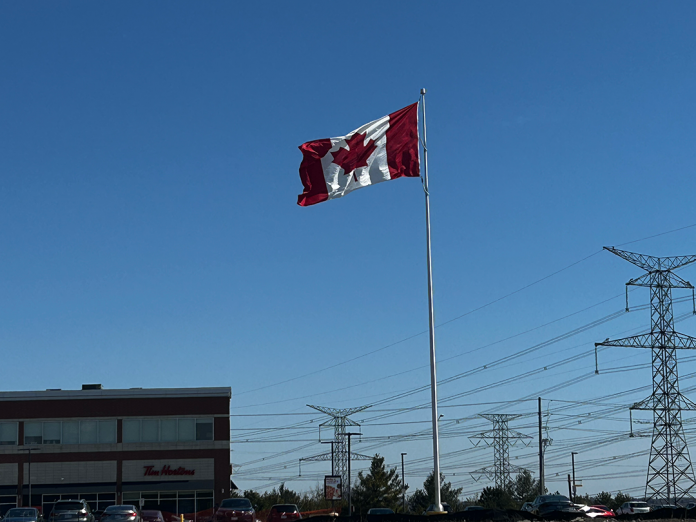As trade tensions rise between Canada and the United States, a 25 per cent tariff on select Canadian goods went into effect this week, putting many Canadian industries and businesses at risk of losing competitiveness in American markets.
In response, the federal government has pushed back, stating, “The Government of Canada has a comprehensive plan to fight back against the unjustified U.S. tariffs imposed on Canadian goods.”
Auto and parts manufacturers, as well as other industry stakeholders, received an update on March 26 when U.S. President Donald Trump announced changes to the tariffs on Canada and Mexico to minimize disruption to the American automotive industry.
In Oshawa, members of Unifor Local 222 say they’re ready to fight back against the potential fallout for auto workers.
“The preparation has been to continue to lobby the provincial and federal governments to continue to pressure the U.S. administration on these tariffs,” said Jeff Grey, president of the Local 222 in Oshawa.
“That’s our biggest weapon, have our government go down there and figure out why we are in this position,” Grey said, explaining how the union is ready to act against the impacts of increased costs.
Since February, the situation has been ongoing with multiple suspensions and extensions of when tariffs would come into effect.
When it comes to parts manufacturers the constant suspense is being felt. Auto Parts Manufacturers’ Association lawyer Gian Paolo explained how added pressure is already impacting manufacturers. “Automotive production is very forward looking, in the immediate the impact would be the uncertainty,” said Paolo.
Broader implications are also in play, with tariffs affecting how supply chains and business operations are conducted.
Paolo explained that manufacturers are already grappling with added costs and logistical confusion. “You’re spending a lot of time trying to figure what the cost will be, what parts are covered, what parts are not. You’re spending a lot of time talking maybe to lawyers and logistics people,” he said.
As the tariffs continue to evolve, both Canadian workers and businesses are scrambling to brace for the potential fallout.
With the ongoing uncertainty, industries across the country are preparing for various scenarios, hoping for a resolution that avoids further strain on Canada’s economy.




